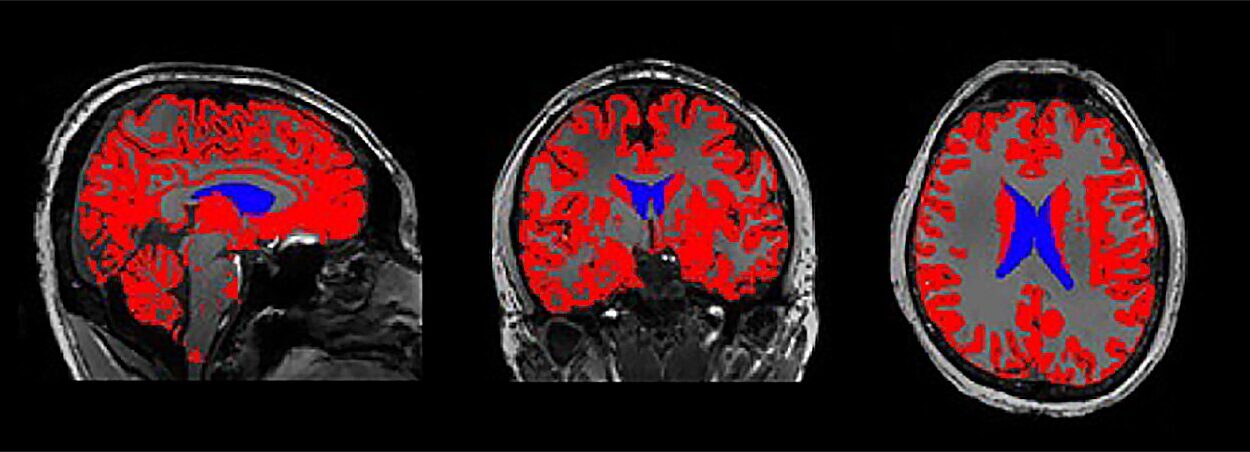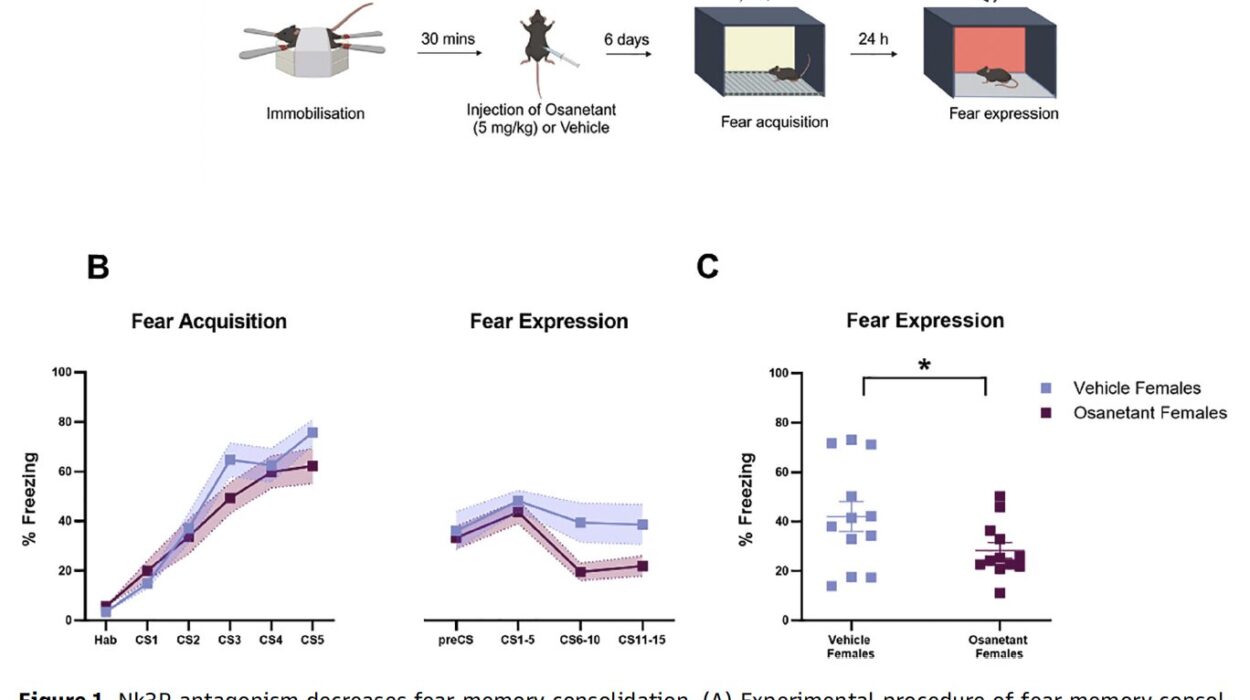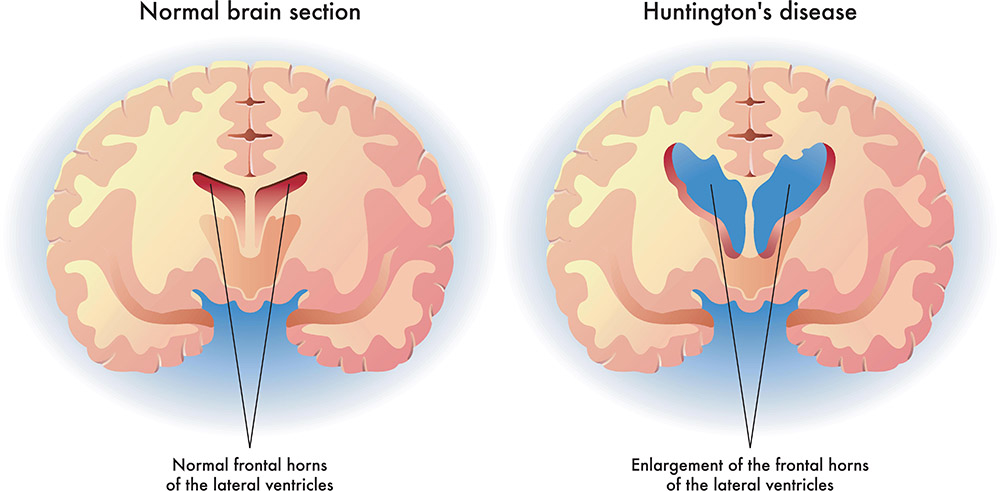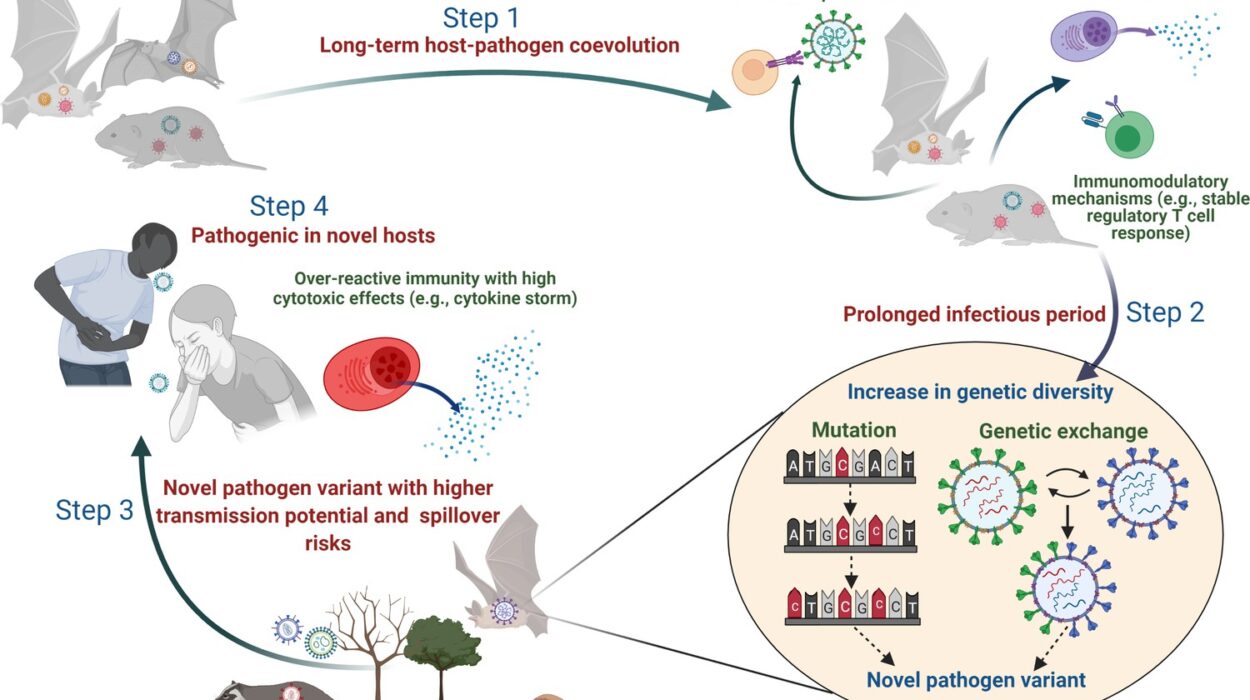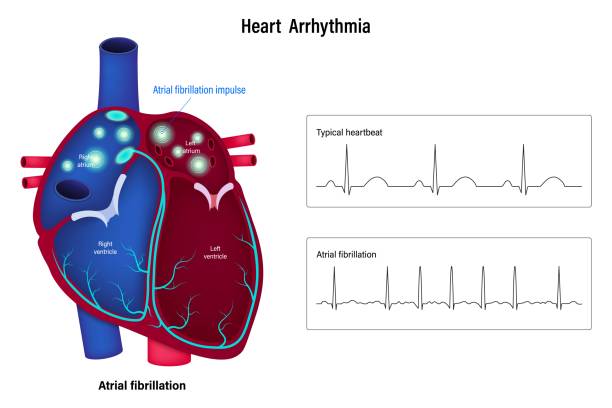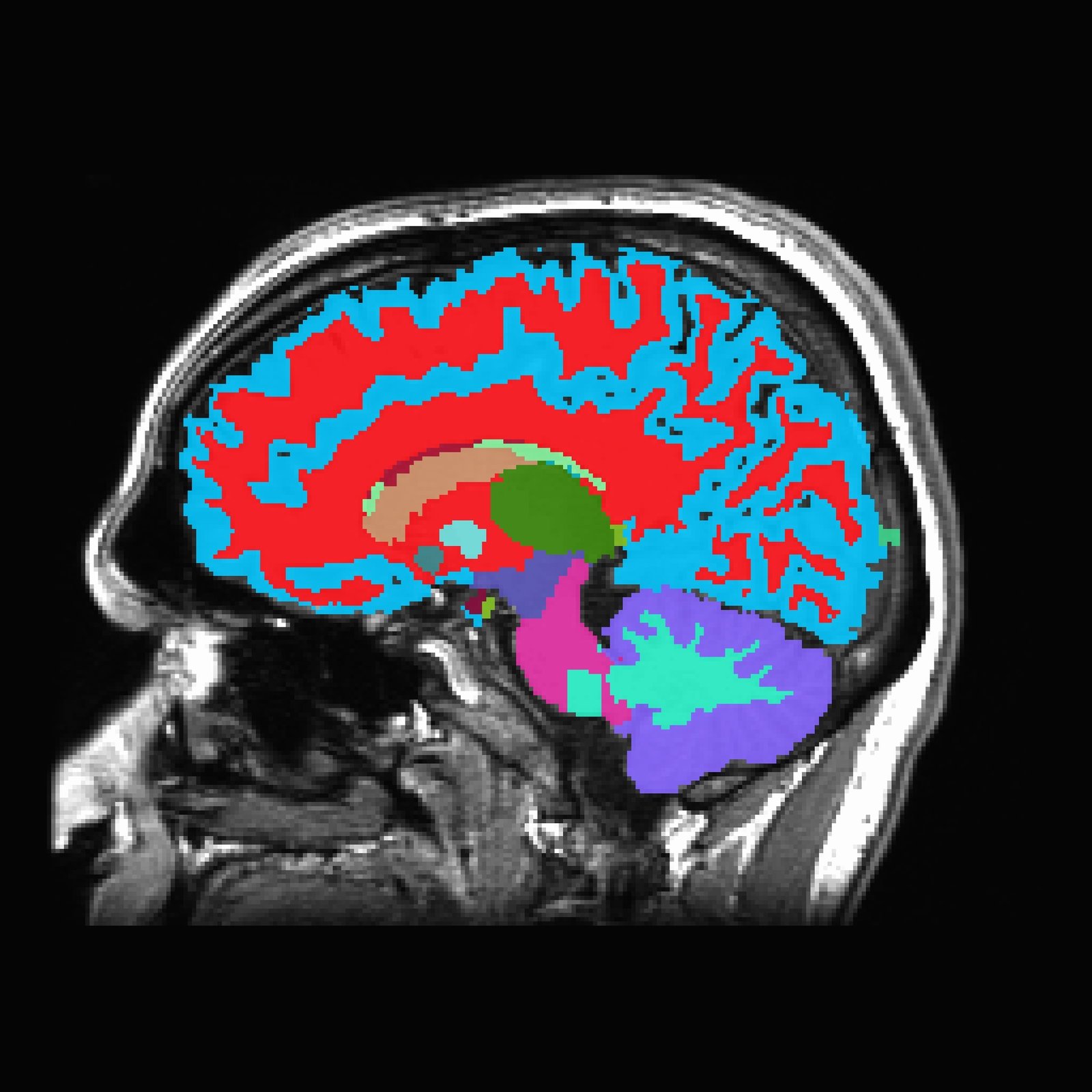Around the world, memory is slipping through the cracks of age. The rise of dementia and cognitive decline has become one of the most pressing health challenges of the 21st century, affecting tens of millions of people and robbing families of the shared stories and identities that knit generations together. As lifespans increase and societies age, the global search for protective factors—however subtle or silent—has never felt more urgent.
Modern medicine can treat symptoms. Advanced diagnostics can track progression. But the elusive goal remains the same: to slow, or even prevent, the fading of the mind. It’s within this emotional and scientific landscape that a trace element—copper, of all things—is once again stepping into the light.
Often overlooked, copper is no newcomer to the world of neuroscience. It is one of the many micronutrients that our bodies require in small but critical amounts. And now, new research suggests that its presence in our diets may be more than just necessary—it may be protective. In the silent war against cognitive decline, copper could be part of the body’s frontline defense.
A Spark of Curiosity in the Data
A recent study published in Scientific Reports dives deep into this possibility. Titled “Association between dietary copper intake and cognitive function in American older adults,” the research examines a sweeping dataset from the U.S. National Health and Nutrition Examination Survey (NHANES), a goldmine for public health insights. The researchers focused on 2,420 adults aged 60 and over, each with complete data on both nutrition and cognitive performance.
The study wasn’t just a superficial analysis. It explored not only how much copper individuals consumed, but also how that copper correlated with mental sharpness across multiple domains of cognition. Using standardized and validated cognitive assessments—including the Digit Symbol Substitution Test (DSST), the Animal Fluency Test (AFT), and immediate and delayed recall from the CERAD battery—scientists sought to trace the outline of copper’s influence on brain health.
What they discovered was subtle but striking: individuals who consumed more dietary copper consistently performed better on several cognitive tests than those with lower intakes. And yet, the story was more nuanced than a simple “more is better” conclusion.
How Copper Works in the Brain
To understand why this finding matters, we must first understand the role of copper in the brain. Copper is essential for the proper function of enzymes that produce energy in neurons, regulate oxidative stress, and synthesize key neurotransmitters like dopamine and norepinephrine. It helps neurons fire, communicate, and survive in the hostile environment of cellular metabolism.
But copper is also volatile. At high levels—or in the wrong biochemical context—it can become toxic, fueling oxidative stress and cellular damage. This paradox has made copper a controversial character in neurodegenerative research, especially in diseases like Alzheimer’s and Parkinson’s. Depending on how it is metabolized, copper can either protect the brain or harm it.
This new study doesn’t resolve that complexity, but it adds important clarity: in real-world diets of older adults, moderate copper intake appears to be associated with sharper mental performance.
A Curve, Not a Straight Line
The relationship, interestingly, wasn’t linear. When researchers mapped the data using spline regression modeling, the results resembled an inverted L-shape. Cognitive test scores improved with copper intake—but only up to a point.
For example, performance on the DSST improved with increasing copper intake up to about 1.63 mg per day. Beyond that threshold, the gains flattened out. The same pattern held for the AFT and the composite global cognition Z score. More wasn’t necessarily better. In fact, after crossing certain thresholds, additional copper offered no statistically meaningful benefit, and confidence intervals widened, indicating less certainty in the results.
This detail matters. It reinforces the idea that copper functions best within a narrow physiological window. Not enough copper, and the brain may lack the resources to fight oxidative stress or build neurotransmitters. Too much, and the same element could swing toward harm. Balance, it seems, is the brain’s preferred state—even at the molecular level.
A Closer Look at Vulnerable Minds
Another dimension of the study deepens the emotional impact of the findings. Among participants with a history of stroke, the positive relationship between copper intake and cognitive function was even more pronounced. In this group—arguably one of the most vulnerable to cognitive impairment—higher copper intake was linked to significantly higher global cognition scores.
This raises a powerful possibility. Could copper play a special role in cognitive resilience among individuals with existing brain injury? While the mechanism remains unclear, it’s plausible that copper’s involvement in neural repair, mitochondrial function, and antioxidant defense makes it particularly important in stressed or damaged brain environments.
If this finding is confirmed by future studies, it could lead to targeted nutritional interventions for stroke survivors or individuals at high risk for cognitive decline.
The Complexity Behind the Numbers
Of course, no single nutrient acts in isolation. Individuals with higher copper intake in this study also tended to have other favorable characteristics. They were more likely to be male, non-Hispanic white, married, and of higher socioeconomic status. They smoked less, ate more calories, and consumed more zinc, selenium, and iron—nutrients that themselves may influence brain function.
This makes it difficult to draw firm conclusions about copper alone. The observed effects could be part of a broader pattern of healthy living and eating. Nonetheless, the researchers used multivariate linear regression models to adjust for these confounders, and the associations with cognitive test scores remained statistically significant in many cases.
It’s also worth noting that copper intake was estimated from two 24-hour dietary recalls—a method that, while commonly used, can introduce variability. Memory, after all, is not just a scientific subject of the study—it’s also a factor in how the study was conducted.
Why This Matters Now
We are living through an era where every increment of cognitive preservation matters. With dementia cases expected to triple by 2050, the need to identify modifiable risk factors is more than academic. It is deeply human. For every person who keeps their cognitive function intact longer, there are years of independence gained, relationships preserved, and dignity maintained.
Nutritional strategies—unlike high-tech drugs—can be scaled, personalized, and implemented in communities everywhere. But they must be grounded in evidence. This study offers such evidence, supporting the idea that even small choices at the dinner table could ripple across the architecture of the brain.
The authors stop short of declaring copper a cure-all. They acknowledge the limits of observational data, the need for longitudinal and interventional research, and the challenges of isolating nutrient effects from complex dietary patterns. Still, their conclusion resonates with hope: “Dietary copper is crucial for brain health and may confer protective effects on cognitive function through its involvement in antioxidant defense, neurotransmitter synthesis, and energy metabolism.”
The Trace of a Future
In the grand symphony of human biology, copper is no soloist—it plays a quiet, essential part in the orchestra of cognition. The beauty of this trace mineral is not in its drama, but in its balance. It reminds us that sometimes, what preserves memory is not loud or revolutionary, but modest and precise. A little copper—just enough—may help keep the lights on in the corridors of an aging mind.
As science continues to piece together the puzzle of cognitive decline, perhaps we will discover that the answer has been hiding in our food all along. Not in miracle diets or exotic supplements, but in the quiet, familiar nutrients our brains have depended on for millennia.
And in that possibility lies the quiet promise of resilience—one molecule, one memory, one meal at a time.
Reference: Weiai Jia et al, Association between dietary copper intake and cognitive function in American older adults: NHANES 2011–2014, Scientific Reports (2025). DOI: 10.1038/s41598-025-09280-9

